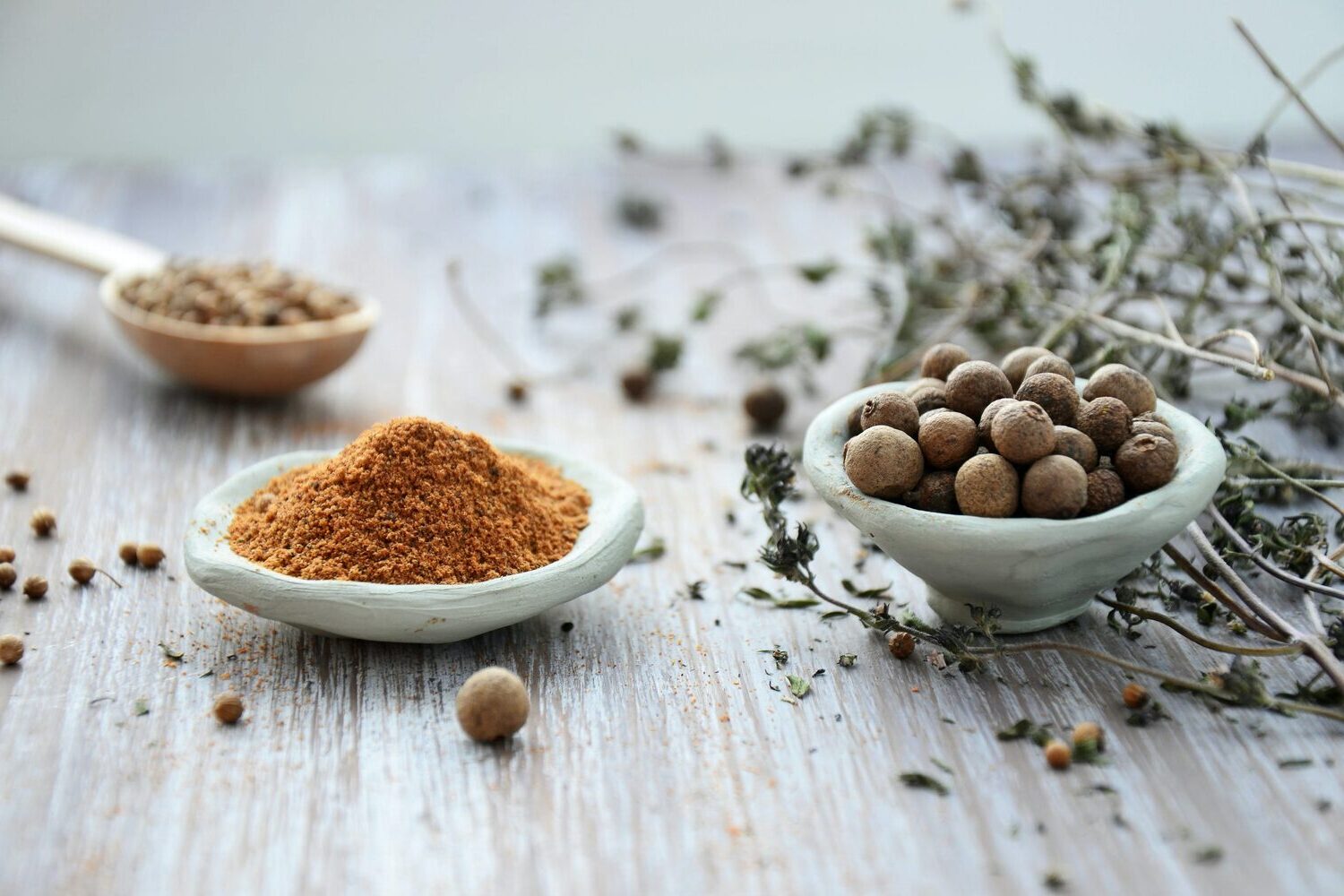
Herbs have been used for centuries in cooking, medicine, and even magic. But what makes these green wonders so special? Herbs are not just plants; they are nature's little powerhouses packed with flavor, aroma, and healing properties. From the common basil in your pasta to the exotic ginseng in your tea, each herb has its unique story and benefits. Did you know that rosemary can boost memory or that lavender can help you relax? Whether you're a budding chef, a health enthusiast, or just curious, these 20 facts about herbs will surprise and enlighten you. Ready to dive into the green world of herbs? Let's get started!
What Are Herbs?
Herbs are plants with savory or aromatic properties used for flavoring, medicine, or fragrances. They have been integral to human culture for thousands of years.
-
Herbs have been used for over 5,000 years. Ancient civilizations like the Egyptians and Chinese used herbs for medicinal purposes.
-
There are over 50 types of herbs commonly used in cooking. Popular ones include basil, thyme, rosemary, and parsley.
-
Herbs can be classified into annuals, biennials, and perennials. Annuals complete their life cycle in one year, biennials in two, and perennials live for more than two years.
Culinary Uses of Herbs
Herbs add flavor and aroma to dishes, making them a staple in kitchens worldwide.
-
Basil is a key ingredient in Italian cuisine. It’s essential for making pesto and pairs well with tomatoes.
-
Thyme is often used in French cooking. It’s a component of the bouquet garni and herbes de Provence.
-
Cilantro is popular in Mexican and Asian dishes. Its fresh, citrusy flavor enhances salsas, curries, and salads.
Medicinal Properties of Herbs
Many herbs have health benefits and are used in traditional medicine.
-
Peppermint can help with digestive issues. Its oil is often used to relieve symptoms of irritable bowel syndrome (IBS).
-
Lavender is known for its calming effects. It’s used in aromatherapy to reduce stress and anxiety.
-
Echinacea may boost the immune system. It’s commonly taken to prevent or treat colds.
Growing Your Own Herbs
Cultivating herbs at home is rewarding and convenient.
-
Herbs can be grown indoors or outdoors. They thrive in pots on windowsills or in garden beds.
-
Most herbs need at least six hours of sunlight daily. Proper light ensures healthy growth and strong flavors.
-
Regular pruning encourages bushier plants. Trimming herbs like basil and mint promotes more leaves and prevents flowering.
Historical Significance of Herbs
Herbs have played crucial roles in history, from medicine to magic.
-
The ancient Greeks used herbs in religious rituals. They believed herbs like bay leaves could communicate with the gods.
-
Medieval monks cultivated herbs in monastery gardens. These gardens were essential for producing medicines and preserving knowledge.
-
Witchcraft and folklore often featured herbs. Plants like mandrake and belladonna were believed to have magical properties.
Unusual and Exotic Herbs
Some herbs are less common but offer unique flavors and benefits.
-
Lemongrass is a staple in Southeast Asian cuisine. It adds a citrusy flavor to soups, curries, and teas.
-
Epazote is used in Mexican cooking. It’s known for its ability to reduce the gas-producing effects of beans.
-
Fenugreek is popular in Indian dishes. Its seeds and leaves add a distinct, slightly bitter flavor to curries and sauces.
Environmental Benefits of Herbs
Growing herbs can positively impact the environment.
The Power of Herbs
Herbs pack a punch in both flavor and health benefits. From basil to rosemary, these plants have been used for centuries to enhance dishes and promote well-being. Basil isn't just for pesto; it can help reduce inflammation. Rosemary does more than season your roast; it boosts memory and concentration. Mint isn't only refreshing; it aids digestion. Thyme offers antibacterial properties, while oregano is rich in antioxidants.
Growing your own herbs can be rewarding and cost-effective. They require minimal space and can thrive in small pots. Fresh herbs elevate your cooking and provide a natural remedy for minor ailments.
Next time you're at the grocery store or planning your garden, consider adding a few herbs to your list. Your taste buds and health will thank you.
Was this page helpful?
Our commitment to delivering trustworthy and engaging content is at the heart of what we do. Each fact on our site is contributed by real users like you, bringing a wealth of diverse insights and information. To ensure the highest standards of accuracy and reliability, our dedicated editors meticulously review each submission. This process guarantees that the facts we share are not only fascinating but also credible. Trust in our commitment to quality and authenticity as you explore and learn with us.


